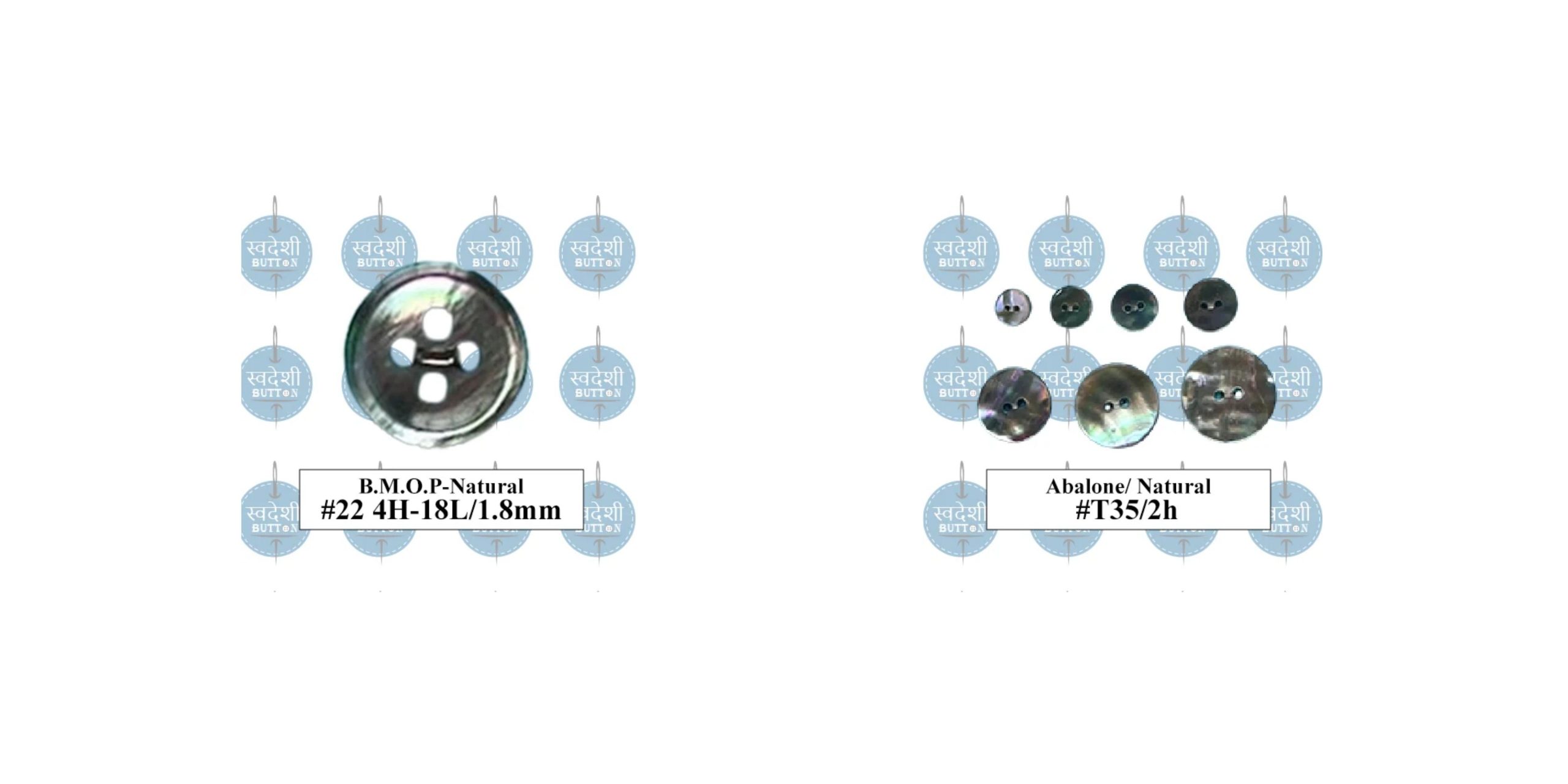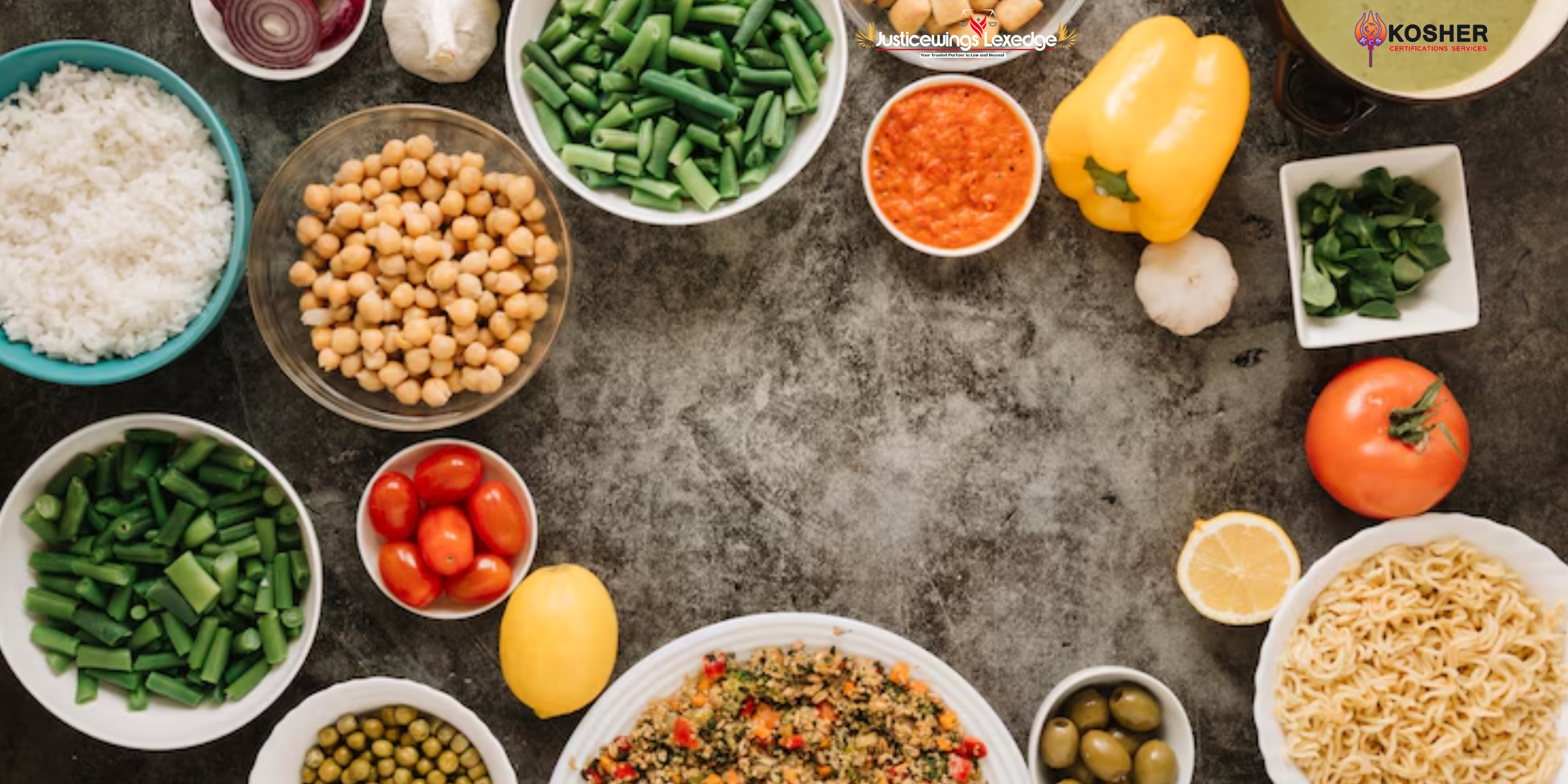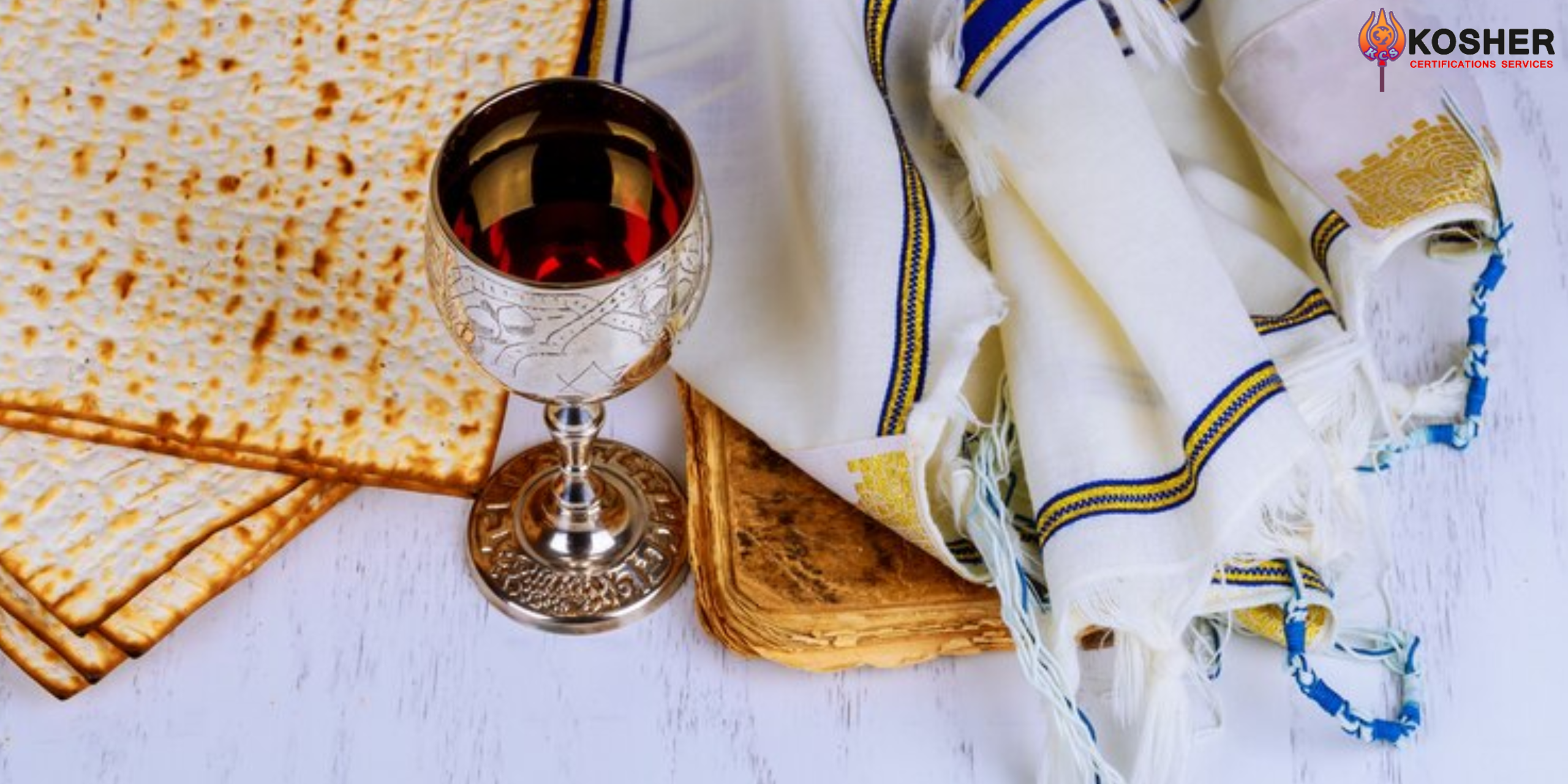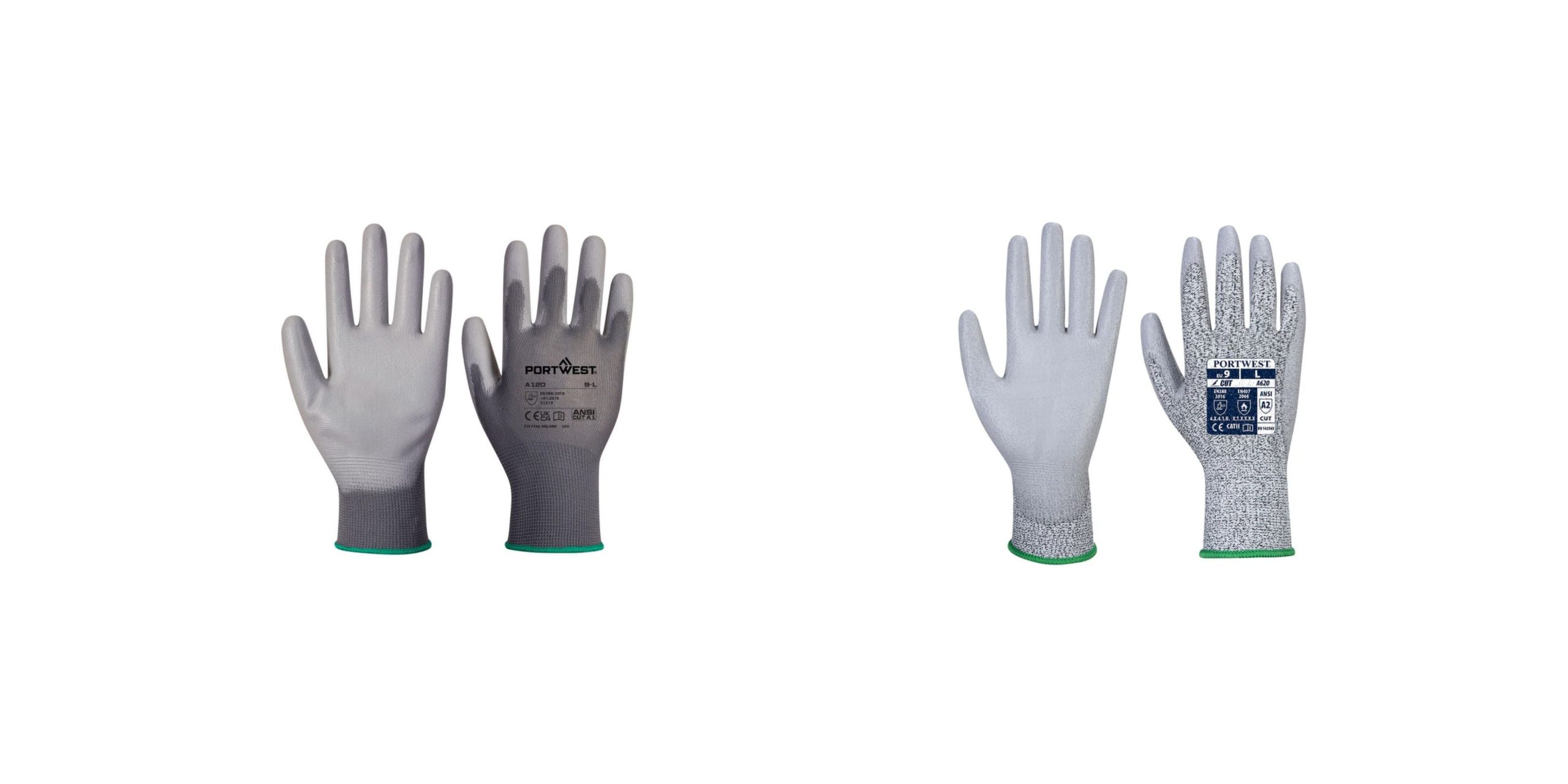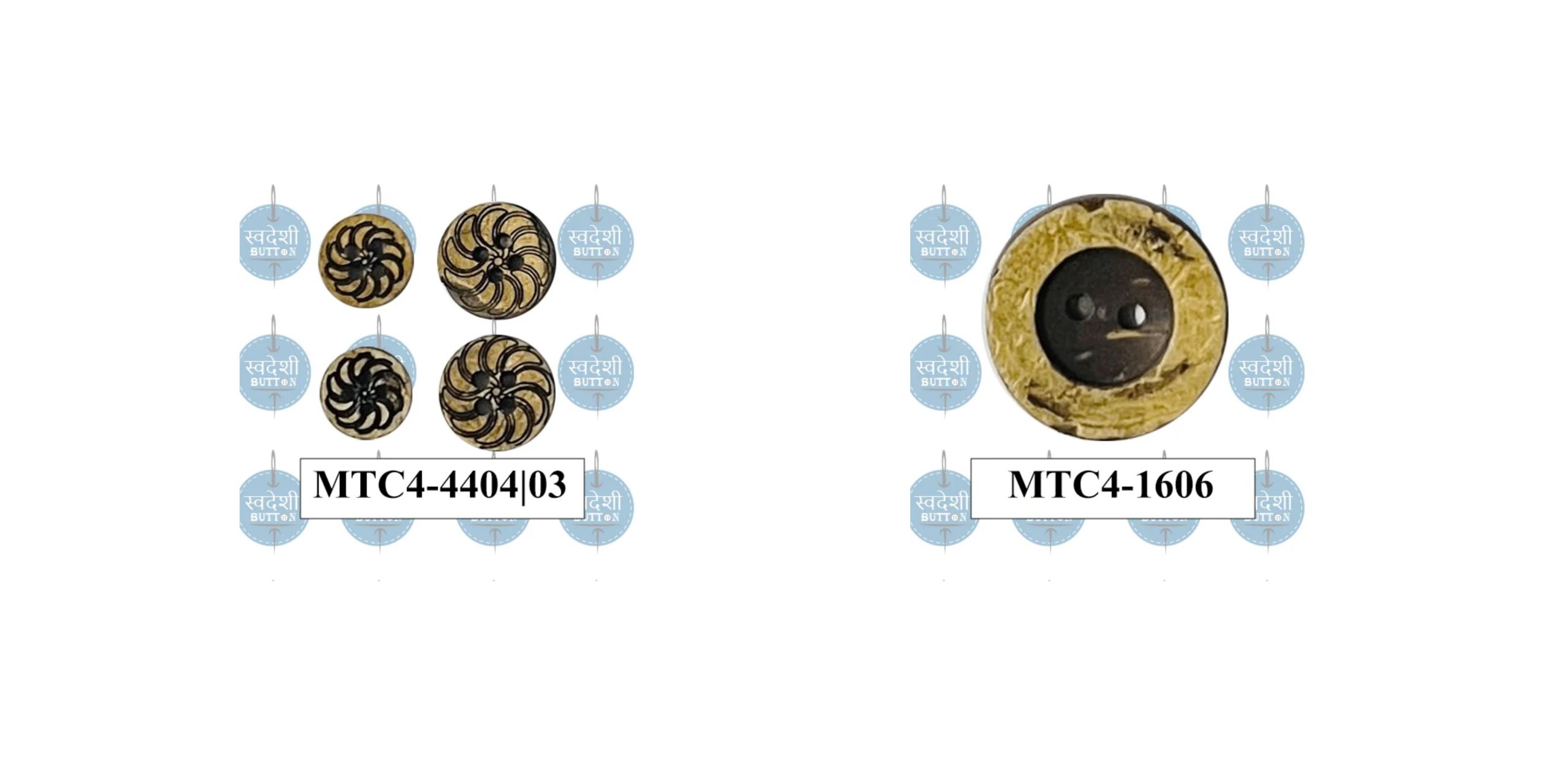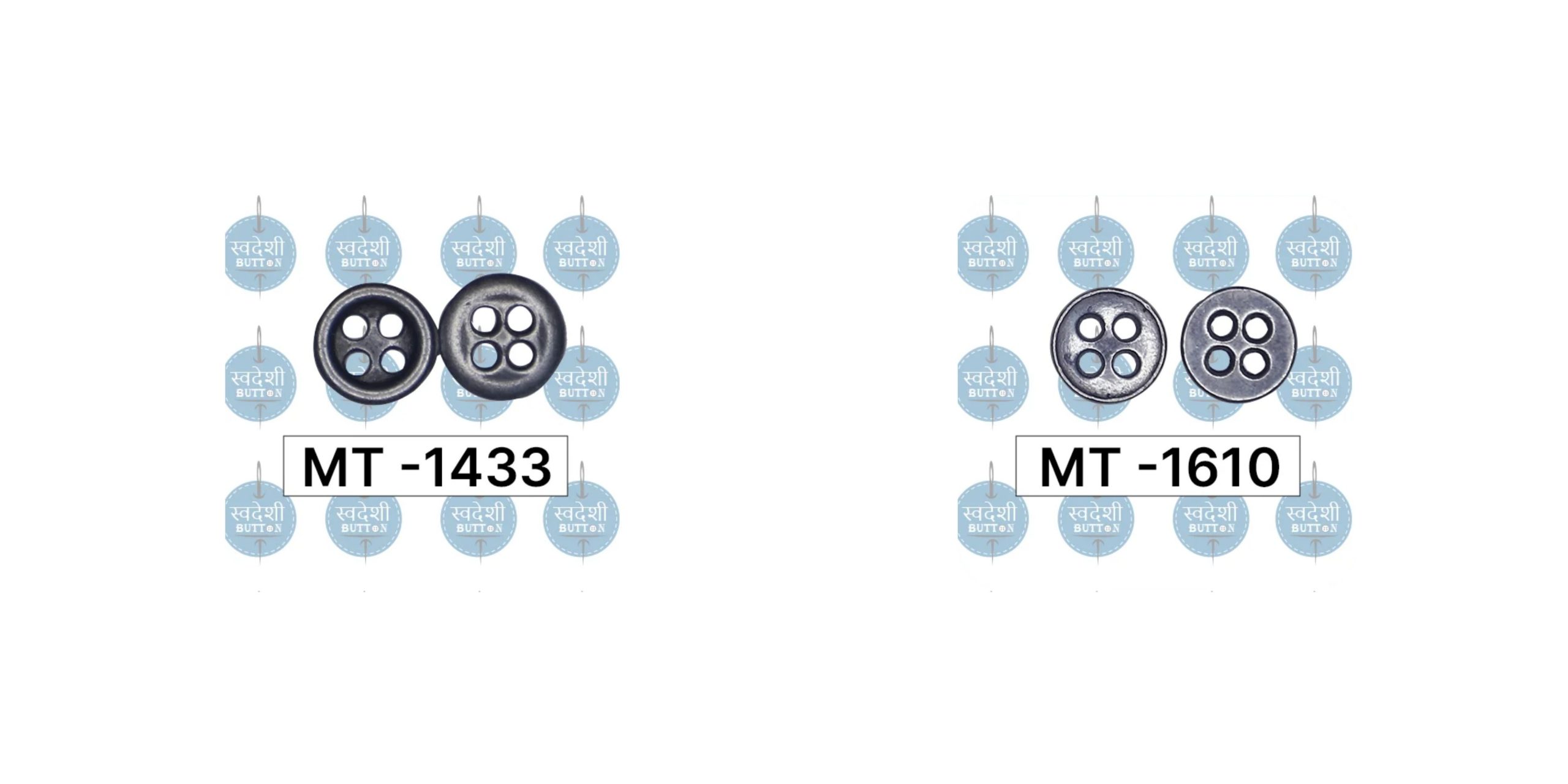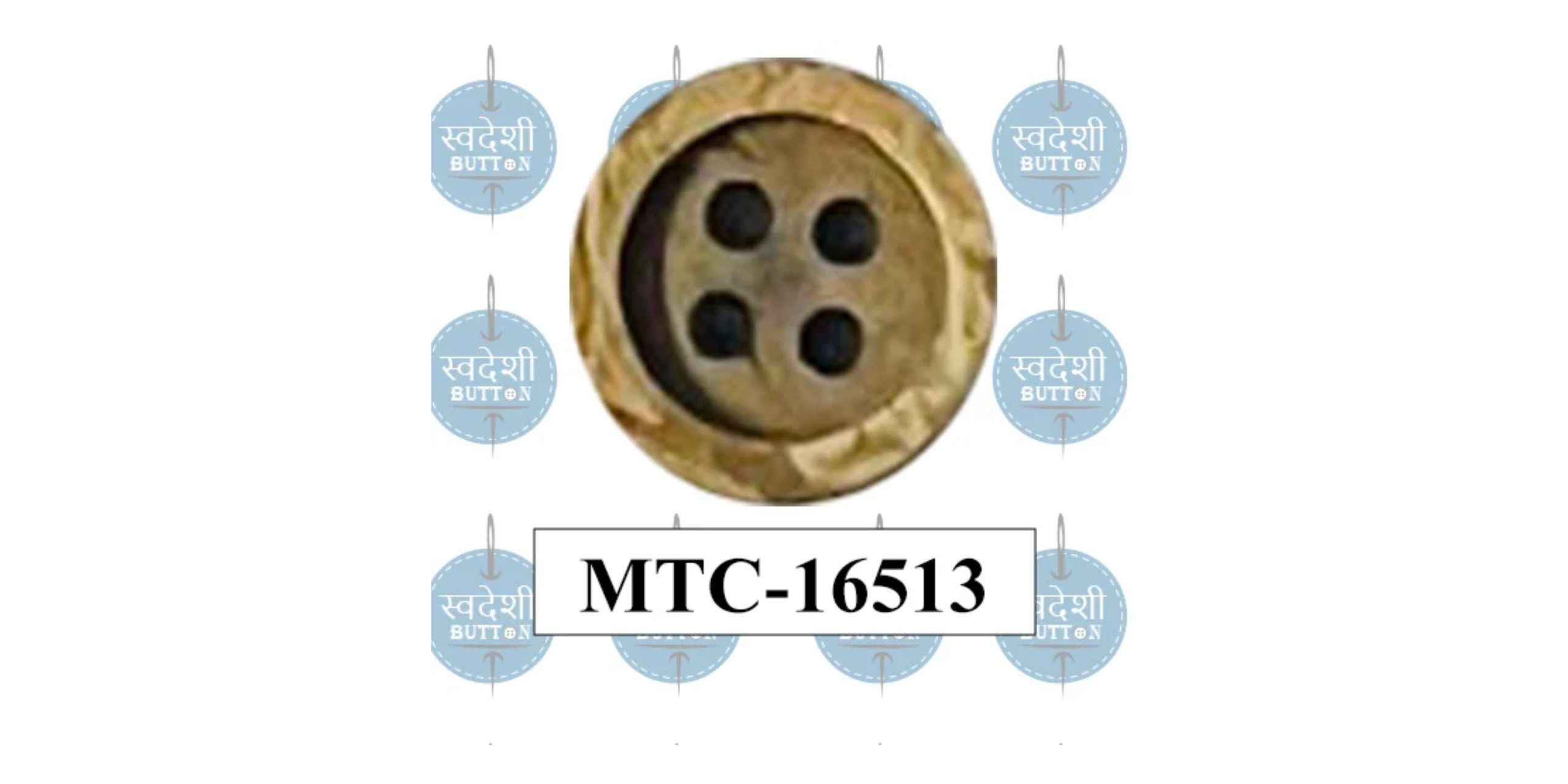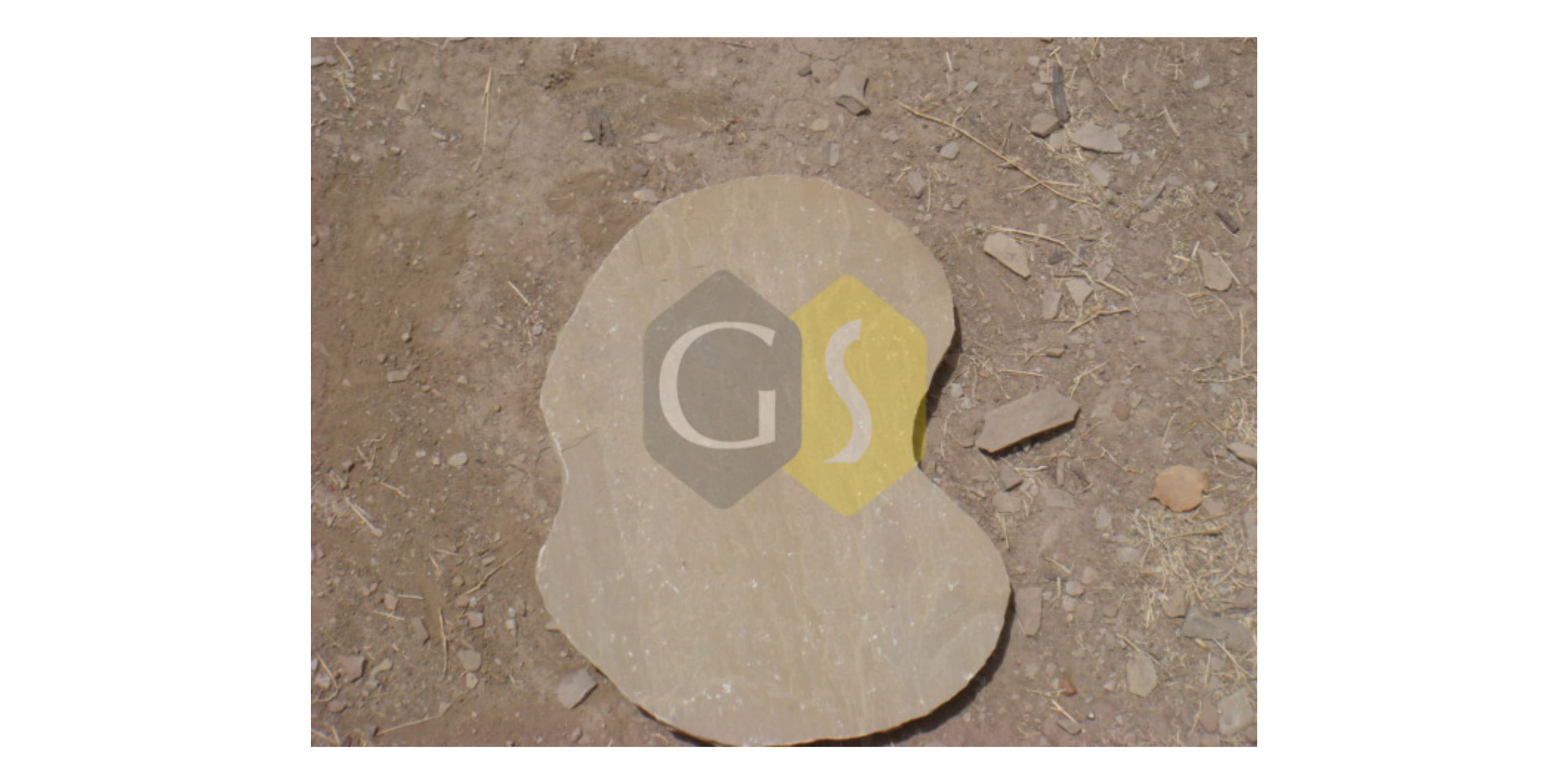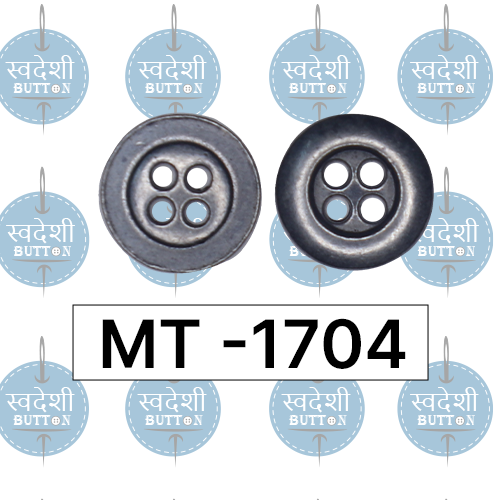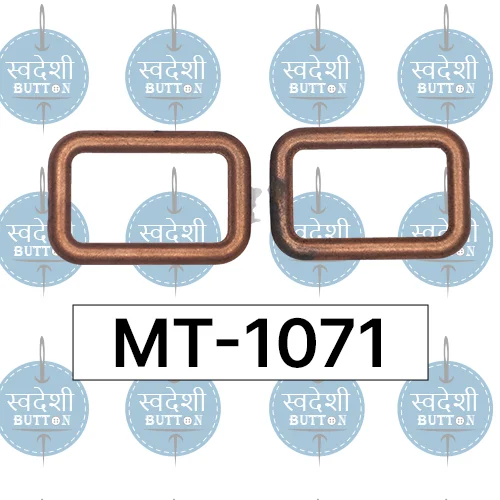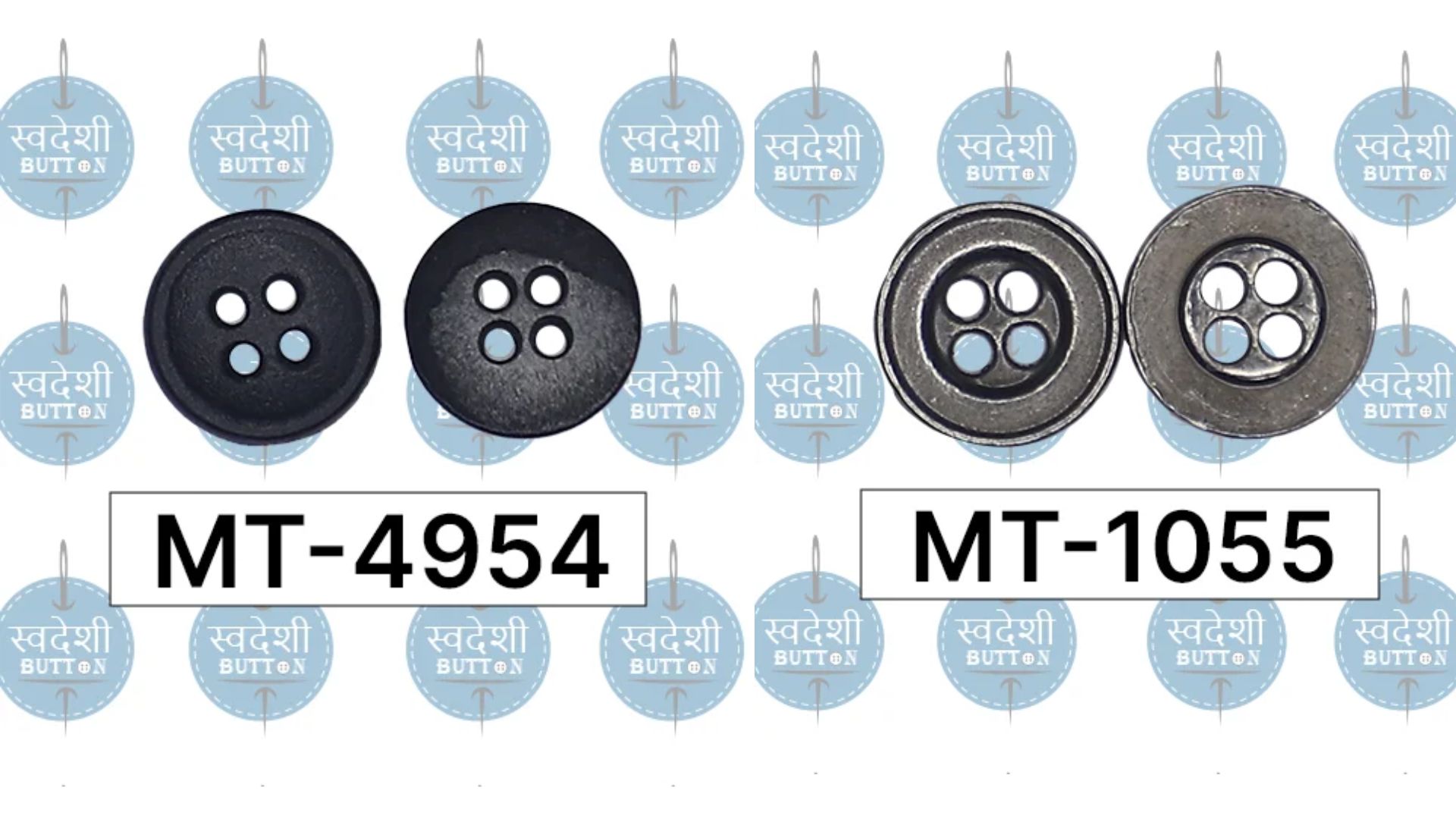
A Kosher Certificate is an official document that confirms a product, restaurant, or food establishment meets the strict dietary standards set by Jewish law, known as kashrut. This certification assures consumers that the food they purchase or consume complies with specific rules about ingredients, preparation, and handling. For many Jewish people and others who follow kosher diets, this certificate provides confidence and trust.
Kosher certification applies to a wide range of food products including meat, dairy, packaged goods, beverages, and even non-food items like wine and cleaning supplies used in food areas. The certificate is issued by recognized kosher certification agencies or rabbis who inspect and supervise the entire production process.
Why Is a Kosher Certificate Important?
Kosher certification plays a crucial role for both consumers and businesses. For consumers, it guarantees that the food is prepared according to religious laws, free from forbidden ingredients like pork or shellfish, and that meat and dairy are not mixed. This assurance supports their dietary needs and spiritual beliefs.
For businesses, obtaining a kosher certificate opens doors to a larger market. Millions of people worldwide keep kosher or prefer kosher products due to health, ethical, or cultural reasons. Kosher certification also builds trust and credibility, encouraging retailers and distributors to stock certified products. In competitive food markets, having a Kosher Certificate can give products an edge.
How Does a Food Product Get Kosher Certified?
The process of obtaining kosher certification involves several important steps. First, the manufacturer contacts a kosher certification agency. This agency assigns a mashgiach (a kosher supervisor), usually a trained rabbi, to inspect the production facility.
The mashgiach reviews every ingredient used in the product to ensure they meet kosher standards. They also check the equipment and cleanliness of the production line, making sure no cross-contamination with non-kosher products occurs. The supervisor stays on-site during production runs and regularly inspects to maintain compliance.
Once the agency confirms all requirements are met, they issue the kosher certificate. This document includes details about the product, the certifying agency’s symbol (called a hechsher), and the terms of certification.
Different Types of Kosher Certification
Kosher certification is not one-size-fits-all. There are different types of Kosher Certificate depending on the level of supervision and the product involved.
-
Regular Kosher: The most common certification, indicating the product meets basic kosher standards.
-
Glatt Kosher: A stricter standard mostly applied to meat products, meaning the animal’s lungs were free of certain defects.
-
Kosher for Passover: Special certification that confirms no chametz (leavened grain products forbidden during Passover) is present.
-
Meat (Fleishig), Dairy (Milchig), and Pareve: Kosher laws separate meat and dairy products. Pareve means neutral, neither meat nor dairy, such as fish or vegetables.
Consumers should look closely at the certificate and symbol to understand what kind of kosher standards apply.
Who Issues Kosher Certificates?
Kosher certificates are issued by reputable kosher certification agencies worldwide. These agencies employ rabbis and kosher supervisors who specialize in kashrut laws. Some well-known agencies include the Orthodox Union (OU), Star-K, OK Kosher, and Kof-K.
Each agency uses its own symbol to mark certified products, making it easier for consumers to identify kosher items on shelves. The agencies ensure their certifications are trustworthy by conducting thorough inspections, frequent audits, and ongoing supervision.
Benefits of Kosher Certification Beyond Religion
Kosher certification offers advantages beyond religious adherence. Many consumers consider kosher food to be safer, cleaner, and healthier due to the strict supervision and quality controls involved. The inspection process often requires rigorous sanitation and ingredient verification, which can improve overall food quality.
Additionally, kosher foods are popular among people with certain allergies or dietary restrictions because the certification requires clear ingredient disclosure. The kosher certification process also ensures transparency in sourcing and production.
For businesses, kosher certification can enhance brand reputation and open new export opportunities since kosher products are in demand in international markets.
Read Also – What Is a Kosher Certificate and Why Indian Businesses Need It
Conclusion: Why Kosher Certification Matters
A Kosher Certificate is more than just a religious requirement; it is a mark of quality, trust, and transparency in food production. Whether you keep kosher for faith, health, or personal choice, kosher certification gives you confidence in the products you buy and consume.
For businesses, kosher certification is a valuable tool to reach broader audiences, comply with strict standards, and maintain high-quality control. As the demand for kosher food continues to grow globally, understanding what a kosher certificate means and how it works is essential for both consumers and producers.





